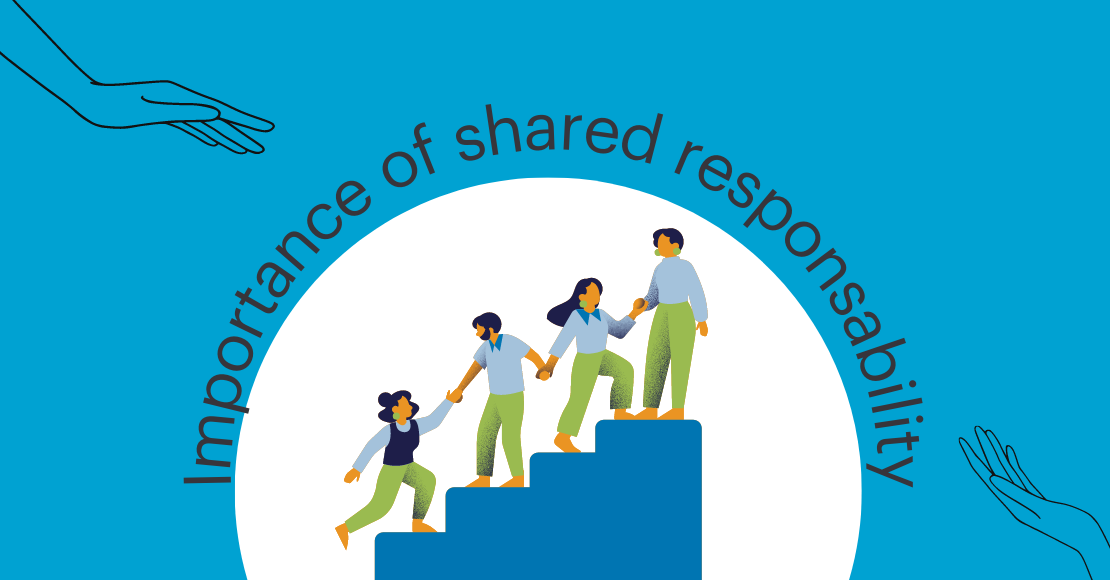Valls' Third Trip To New Caledonia: A Call For Shared Responsibility

Table of Contents
The Political Landscape of New Caledonia: Navigating Towards a Shared Future
The political climate in New Caledonia remains deeply divided, with differing viewpoints on independence sharply defining the landscape. The question of New Caledonia independence has long been a central point of contention, pitting pro-independence Kanak groups against those favoring continued French sovereignty. This deep-seated division, reflecting historical grievances and cultural identities, significantly impacts the path towards a shared future. Dialogue and negotiation are paramount in bridging this divide, but achieving consensus remains a formidable challenge.
- Main Political Parties and Positions: The main players include the FLNKS (Front de Libération Nationale Kanak et Socialiste), advocating for independence, and various loyalist parties supporting continued ties with France. Their positions often reflect differing interpretations of the Nouméa Accord and its provisions regarding self-determination.
- Past Referendums and Outcomes: The three referendums held since 2018 have showcased the persistent divisions, with pro-independence factions consistently failing to secure a majority. These results, while significant, have not resolved the fundamental question of New Caledonia's future status.
- Challenges to Achieving Consensus: Mistrust between factions, historical grievances, and differing visions for the island's future create significant obstacles to reaching a broad consensus. Building trust and fostering genuine dialogue is essential for navigating this complex political terrain.
Economic Development and Shared Responsibility in New Caledonia: Investing in a Thriving Economy
New Caledonia's economy, heavily reliant on mining and other extractive industries, faces significant challenges. Over-reliance on these sectors creates vulnerability to global market fluctuations and environmental concerns. Shared responsibility is crucial for fostering economic diversification and sustainable development, creating a more resilient and inclusive economy.
- Economic Vulnerabilities: The current economic structure leaves New Caledonia exposed to external shocks and necessitates a strategic shift towards greater diversification. Developing a more robust and resilient economy requires a concerted effort from all parties involved.
- Investments in Infrastructure and Human Capital: Investing in modern infrastructure, including transportation, communication, and energy, is crucial for attracting investment and fostering economic growth. Similarly, investments in education and skills development are paramount to creating a competitive workforce.
- Sustainable Resource Management: Moving towards sustainable practices in resource management is essential for long-term economic viability and environmental protection. This includes responsible mining practices, sustainable tourism development, and investment in renewable energy sources.
Social Progress and Shared Responsibility: Building a More Equitable Society
Addressing deep-rooted social inequalities is paramount for achieving social progress in New Caledonia. Disparities in access to education, healthcare, and opportunities exist between different communities. Shared responsibility is critical to creating a more equitable society where all citizens have the chance to thrive.
- Social Disparities: Significant disparities exist between indigenous Kanak communities and other groups regarding access to essential services and opportunities. Addressing these disparities requires targeted interventions and a commitment to social justice.
- Promoting Social Inclusion and Equity: Strategies for promoting social inclusion should prioritize equitable access to quality education, healthcare, and employment opportunities. This requires targeted programs and policies designed to address historical inequalities.
- Successful Community Development Projects: Highlighting and replicating successful community development projects that promote social cohesion and empowerment is crucial for creating a more inclusive society. These projects often focus on community-based initiatives and culturally sensitive approaches.
Valls' Specific Proposals and Their Implications for Shared Responsibility in New Caledonia
Manuel Valls' third trip included specific proposals aimed at fostering shared responsibility in New Caledonia. While the specifics may vary, the overarching goal is to create a framework that promotes dialogue, collaboration, and a shared vision for the island's future. A thorough impact assessment, considering the political, economic, and social ramifications, is necessary to evaluate the effectiveness of these proposals.
- Summary of Key Proposals: Valls’ proposals likely included measures aimed at strengthening the economy, promoting social inclusion, and facilitating further dialogue on the path towards self-determination. The precise details of these proposals require further investigation and analysis.
- Potential Benefits and Challenges: Analyzing the potential benefits of each proposal requires a careful assessment of its feasibility, potential impact, and any unforeseen consequences. Challenges might include political opposition, resource constraints, or the need for further consultation with stakeholders.
- Political Feasibility: The success of Valls' proposals hinges on the willingness of all parties to engage in constructive dialogue and compromise. The political feasibility of these proposals needs to be carefully considered, acknowledging the deep-seated divisions within New Caledonian society.
Conclusion
Valls' third trip to New Caledonia highlights the persistent need for shared responsibility in navigating the island's complex political, economic, and social landscape. Achieving a stable, prosperous, and equitable future for New Caledonia requires a commitment from all stakeholders to engage in constructive dialogue, compromise, and collaboration. The success of any proposed initiative hinges on the willingness of all parties to work towards a common vision. This renewed plea for shared responsibility underscores the importance of continued engagement and collaboration to build a brighter future for New Caledonia. Continue the conversation: Learn more about the complexities surrounding shared responsibility in New Caledonia and how you can contribute to a brighter future for the island.

Featured Posts
-
 Sydney Sweeneys Oscars After Party Look A Pink Barbiecore Moment
May 05, 2025
Sydney Sweeneys Oscars After Party Look A Pink Barbiecore Moment
May 05, 2025 -
 Bradley Cooper Directs Will Arnett On Is This Thing On Nyc Late Night Shoot
May 05, 2025
Bradley Cooper Directs Will Arnett On Is This Thing On Nyc Late Night Shoot
May 05, 2025 -
 Alex Pereira Vs Magomed Ankalaev Ufc 313 Dfs Preview And Picks
May 05, 2025
Alex Pereira Vs Magomed Ankalaev Ufc 313 Dfs Preview And Picks
May 05, 2025 -
 Limiter Les Degats Anticiper Les Consequences
May 05, 2025
Limiter Les Degats Anticiper Les Consequences
May 05, 2025 -
 Sydney Sweeney And Jonathan Davino Actress Flaunts Figure After Engagement Ends
May 05, 2025
Sydney Sweeney And Jonathan Davino Actress Flaunts Figure After Engagement Ends
May 05, 2025
Latest Posts
-
 Colonial Downs And Stone Partner For The Virginia Derby
May 05, 2025
Colonial Downs And Stone Partner For The Virginia Derby
May 05, 2025 -
 Stone Confirms Virginia Derby At Colonial Downs Dates And Details
May 05, 2025
Stone Confirms Virginia Derby At Colonial Downs Dates And Details
May 05, 2025 -
 Virginia Derby 2024 Stones Confirmation At Colonial Downs
May 05, 2025
Virginia Derby 2024 Stones Confirmation At Colonial Downs
May 05, 2025 -
 Colonial Downs To Host Virginia Derby Stones Official Announcement
May 05, 2025
Colonial Downs To Host Virginia Derby Stones Official Announcement
May 05, 2025 -
 Stone To Announce Virginia Derby Meet At Colonial Downs Full Details Revealed
May 05, 2025
Stone To Announce Virginia Derby Meet At Colonial Downs Full Details Revealed
May 05, 2025
